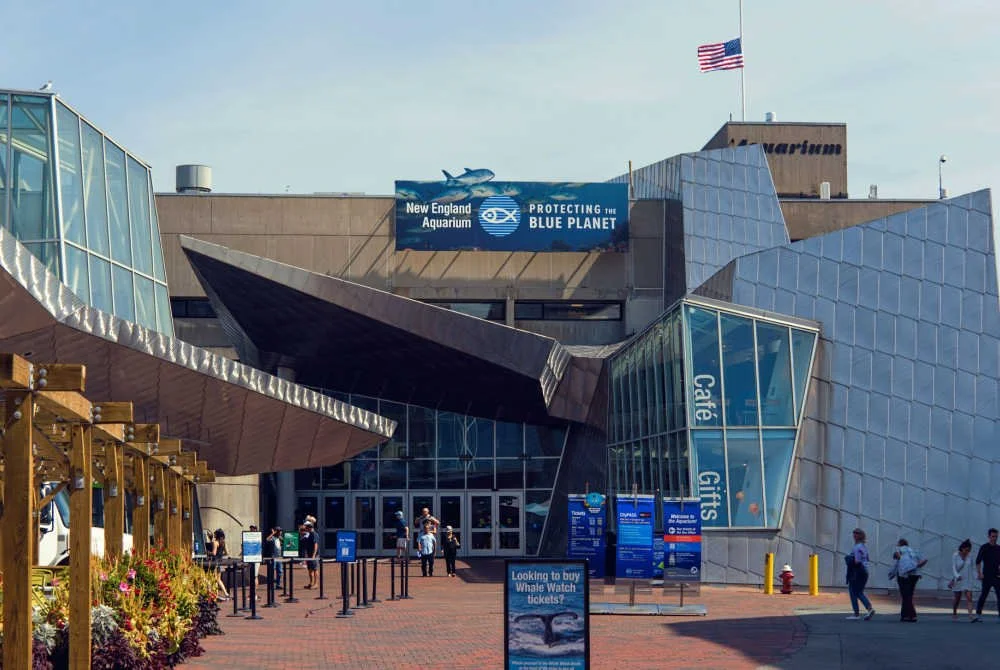Understanding the Broad Approach of This Health Legacy Foundation in Massachusetts
/Andrew Gentry/shutterstock
Health conversion funders tend to have a few things in common, but they can also be quite different from each other in how they define and approach grantmaking. Increasingly, these types of funders are looking at health in a broad way in order to respond to community needs that affect population well-being, but which may be a few steps removed from traditional health issues.
A good example is the Health Foundation of Central Massachusetts (HFCM), a Worcester-based foundation that was formed after the sale of a nonprofit health maintenance organization. Here are a few things that grantseekers in this part of New England should know about HFCM grantmaking.
The Foundation Doesn’t Limit Itself to Specific Priorities
Instead of focusing on specific aspects of health funding each grant cycle, HFCM takes a more open and fluid approach. It relies upon community leaders to identify what the greatest health-related needs are at any given time and then suggest partnerships that can address those challenges. Past issues that HFCM has funded include everything from mental health to dental care, homelessness, youth development and prisoner reentry. It has distributed grants fairly evenly among the various interests over the years, but oral health has remained one of the foundation’s biggest priorities overall.
There are Two Major Avenues for Grantmaking
The bulk of HFCM grantmaking, approximately 75 percent, goes toward the funder’s Health Care and Health Promotion Synergy Initiative. A small number of organizations receive these three-to-five-year grants each year to address poor health in Central Massachusetts by addressing systemic disparities and promoting access to care. The creation of systems change is the goal of these grants, and tracks with a lot of other work by health conversion foundations these days around the U.S.
The second largest segment of HFCM’s grantmaking is its Activation Fund, which is more open to unsolicited requests and provides single-year support for projects that propel an organization’s efforts forward. HFCM recently committed over $1 million in new Activation Fund Grants for 15 local nonprofits. These grants were between $30,000 and $100,000 each and went to groups like the local Habitat for Humanity chapter, Jeremiah’s Inn, Southbridge Public Schools, World Farmers, and Employment Options. This was the highest total dollar amount of Activation Fund grants ever awarded by HFCM.
The Foundation Serves an Expanded Region
Massachusetts nonprofits should not be quick to write off HFCM as a strict Worcester funder. In fact, this foundation serves 60 cities and towns in Worcester County and also the bordering communities, as well. These border communities are Ashby, Ashland, Ayer, Bellingham, Boxborough, Brimfield, Holland, Holliston, Hopkinton, Hudson, Littleton, Marlborough, Medway, New Salem, Orange, Palmer, Shirley, Stow, Townsend, Ware and Warwick.
Letters of Intent Are Welcome
Fortunately for local grantseekers, HFCM is an accessible foundation that requires direct contact even before submitting a letter of intent. It is recommended to call or email the foundation to discuss a proposed project idea at least a month before the next letter of intent deadline. In the past, that deadline has been in early April, with full applications due in July. Letters of intent review takes about two months, and the final application review takes about one month. HFCM often exceeds $2 million in total grants per year, and the average recent grant was approximately $63,000.
To learn more about this funder and others in the region, check out IP’s New England funding guide.







































